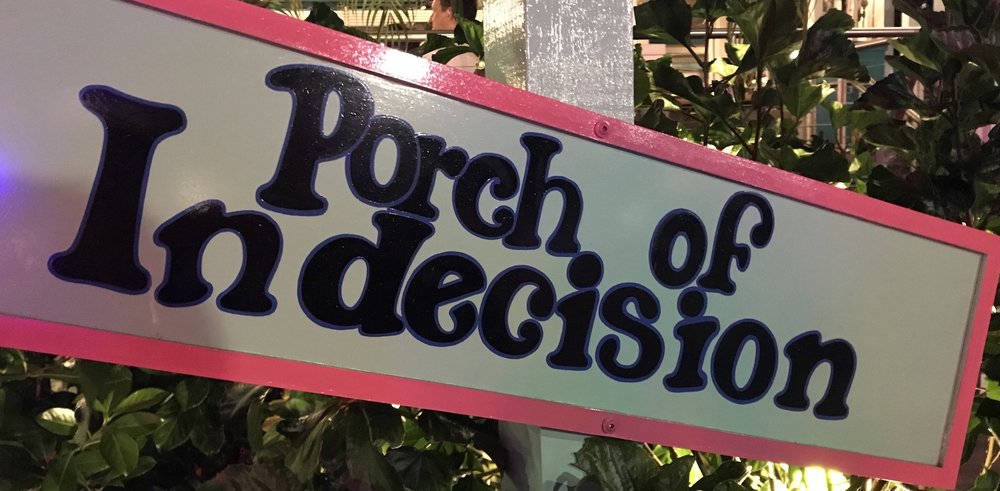Mindfulness meditation is one of my daily practices. Some of the benefits I’ve noticed is that exercise helps me to be more fully present with my attention, gratitude, and experiences. Mindfulness practice emphasizes the present, encourages us to let go of the past, and not stress about the future. These are useful pursuits. However, when it comes to helping my clients with their organizing challenges, there are other considerations. While we are working in the present, we might be grappling with the past or preparing for the future. It’s helpful to be aware of how a particular focus, as the past, present, or future, will influence the ways your organizer helps you.
The Past
When we hold on to the past, it becomes especially difficult to let go. That can influence the volume of physical belongings that we’re hanging on to, or old ideas that no longer serve us. When we’re living in the past, our minds and spaces have little room for the present. An organizer can help you face the “stuff” of the past to decide what is valuable and relevant today.
A client recently told me how she held onto things from the past because she felt that it was a happier time than the present. While organizing together, she identified that it was no longer true for her. The now was, in fact, really good. With that ah-ha moment, she was able to release many physical belongings she had been reluctant to let go of before. This perspective shift and the action that resulted helped her feel less burdened and more open to new possibilities.
The Present
When we are present-focused, we can more easily determine what is relevant and useful now. Stuff enters our homes through free promotional items, gifts received, or shopping trips made. We often spend more time collecting than intentionally choosing what we actually want. Yet when we’re clear about what is meaningful and useful, it enhances the editing and organizing process. It’s not uncommon to become overwhelmed by the number of shirts, toiletries, or desk supplies you own. Your organizer can help you set parameters, make decisions, and create organizing systems that honor your present focus.
The Future
There are times when organizing work has a future focus. While we are working in the present, we could be preparing for the future, such as a move, job change, or the arrival of a new baby. Focusing on the future will influence your decisions. When you are amid life transitions like these, not all of your current belongings will be helpful. They might not be useful, relevant, or functional. They could have served their purpose and are strong candidates for releasing. Using a mindful, future-lens, your organizer can help pose questions to facilitate beneficial decision-making.
Whether your organizing work is past, present, or future-focused, with the help of your organizer, you can approach the process more mindfully. It’s useful to understand how your organizing goals connect with these periods, as they will influence the choices you make.
Have you enlisted help from a professional organizer? How has the past, present, or future focus influenced your work together? I’d love to hear your thoughts. I invite you to join the conversation.











